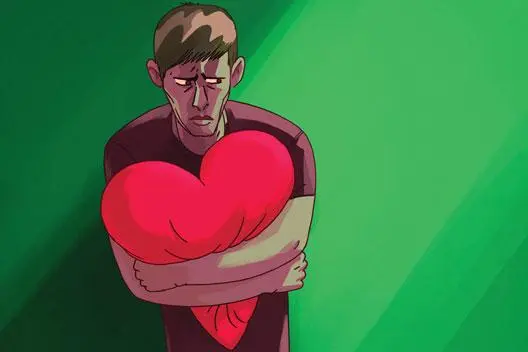
The Year of Relationships - Crazy for you
Frank Tallis asks whether psychologists should take lovesickness more seriously.
18 February 2005
Truly, madly, deeply. If you haven't actually said those words, you've probably thought them – and they are very revealing. They suggest that, as a society, we consider 'madness' to be as significant an indicator of love's authenticity as honesty and depth. We do not expect love to be rational – we expect it to be overwhelming, improvident and unpredictable. We expect to 'go crazy'. The similarities between passionate love and mental illness have been noted since classical times. The ancient Greeks employed the term theia mania (or madness from the gods) to describe the sudden overthrow of reason associated with falling in love, and the principles of Hippocratic medicine provide a mechanism that explains why lovers are prone to emotional distress. According to the humoural model, if love becomes too 'heated', vital fluids evaporate creating a cold, dry state known as love melancholy (Babb, 1951; Burton, 1621/2001). The symptoms of love melancholy (or lovesickness) have been celebrated by poets and songwriters from classical times to the present day.
Download PDF for article.


